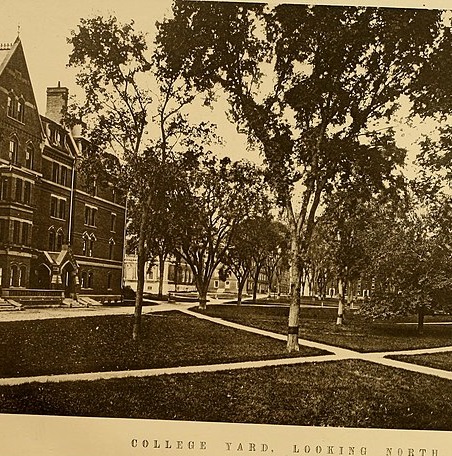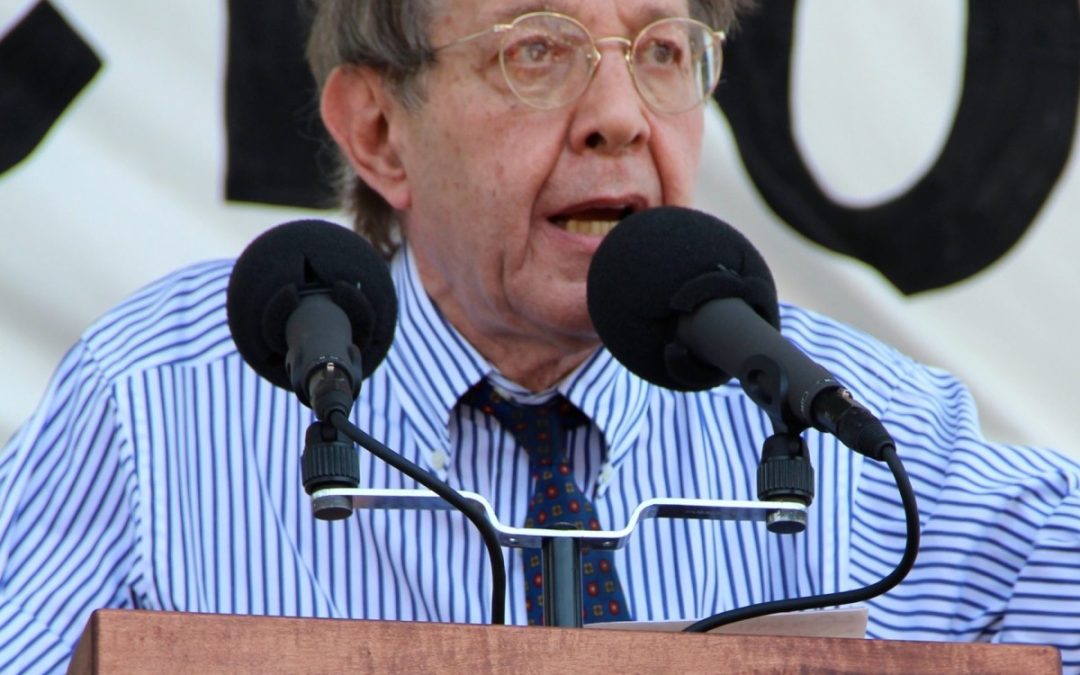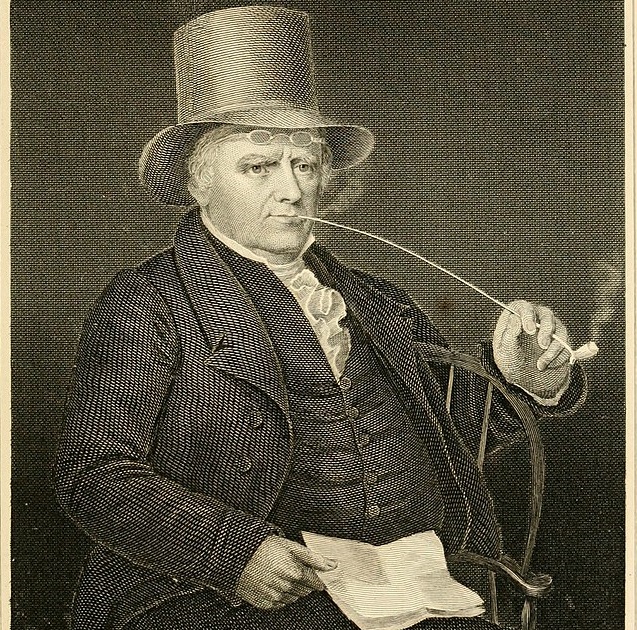
by Richard Subber | Aug 19, 2022 | American history, Book reviews, Books, History
Henry Adams was there…
Book review:
The United States in 1800
by Henry Adams
Ithaca, NY: Cornell University Press, 1955, 1966
132 pages
Henry Adams wrote a colossal History of the United States of America during the First Administration of Thomas Jefferson (1889).
This slim volume is the first six chapters of that history, and it’s doggone interesting reading even for the casual student of history. Adams offers a somewhat disconnected, but nevertheless insightful, potpourri of facts and personal observations about the people of the very young United States.
For example, he reports that in 1800 the organization and operation of Harvard College was not exactly what you would guess: the college had a president, a professor of theology, a professor of mathematics, a professor of Hebrew, and four tutors, and “the method of instruction [was] suited to children fourteen years of age; the instruction itself was poor, and the discipline was indifferent.” So much for a college education in 1800.
The United States in 1800 offers an apparently realistic and sometimes deprecating panorama of the people and culture of the United States in the early 19th century.
There’s no particular reason to think Adams didn’t really know what he was talking about.
* * * * * *
Book review. Copyright © Richard Carl Subber 2022 All rights reserved.
Book review: All The President’s Men
About the men and women
who crave power…
by Carl Bernstein and Bob Woodward
–
As with another eye: Poems of exactitude with 55 free verse and haiku poems,
and the rest of my poetry books are for sale on Amazon (paperback and Kindle)
and free in Kindle Unlimited, search Amazon for “Richard Carl Subber”
* * * * * *

by Richard Subber | Aug 14, 2022 | Human Nature, My poetry, Poetry
to get closer…
Life lesson
Why do we unlearn the joy
of pushing against the glass?
Why do we let slip that impulse
to get closer
to the fabulous new thing
just outside the window,
to lean in to that magic scene,
to get close enough to whisper
in that new squirrel’s ear?
Why do we learn to hold back
just that bit,
so a breath on a frosty pane
will hide the wonder?
Yesterday he pressed as close as he could.
Today I see again that small smudge,
his curious nose must have been cold
for a few moments.
I know he has so much to learn,
but some of it can wait for another season…
January 2, 2020
* * * * * *
My poetry. Copyright © Richard Carl Subber 2022 All rights reserved.
Book review: The House by the Sea
May Sarton’s travels, in her mind…
–
My first name was rain: A dreamery of poems with 53 free verse and haiku poems,
and the rest of my poetry books are for sale on Amazon (paperback and Kindle)
and free in Kindle Unlimited, search Amazon for “Richard Carl Subber”
Your comments are welcome—tell me what you’re thinking.
* * * * * *

by Richard Subber | Aug 6, 2022 | Book reviews, Books, Human Nature, Language
language is social cement…
Book review:
Grooming, Gossip, and the Evolution of Language
by Robin Dunbar (b1947)
British anthropologist and evolutionary psychologist
London: Faber and Faber Limited, 1996
Grooming, Gossip, and the Evolution of Language is a fascinating, comprehensive account of how human beings got language and what it’s good for.
Hint: our ape-like ancestors figured out that grooming wasn’t enough to maintain their social relationships in their reproductive groups, and language made it possible to increase group size (for safety) by substituting for the physical contact of grooming.
Dunbar offers detailed and persuasive guidance on how we manage our social and political (organizational) relationships, and shows that groups that are larger than 150 individuals are extremely difficult, if not impossible, to thrive in and manage. If your work group comprises more than 150 persons, roughly speaking, your boss can’t manage the group and team work isn’t feasible.
* * * * * *
Book review. Copyright © Richard Carl Subber 2022 All rights reserved.
American Character: A History of the Epic Struggle…
Colin Woodard makes it easier to understand…(book review)
–
Writing Rainbows: Poems for Grown-Ups with 59 free verse and haiku poems,
and the rest of my poetry books are for sale on Amazon (paperback and Kindle)
and free in Kindle Unlimited, search Amazon for “Richard Carl Subber”
* * * * * *

by Richard Subber | Aug 1, 2022 | Democracy, Politics, Power and inequality, Tidbits
Bite off as much as you can chew…
“Pick battles big enough to matter,
small enough to win.”
The wisdom of Jonathan Kozol (b1936)
Public education activist, keen thinker
This quote from Jonathan Kozol is a strategic, actionable version of similar quotations from historic writers:
Voltaire: “The best is the enemy of the good.”
Confucius: “Better a diamond with a flaw than a pebble without.”
Shakespeare: “Striving to better, oft we mar what’s well.”
This is wisdom indeed for those of us who strive to make things better in the political arena that threatens us today.
I’m convinced that it’s worse than foolish to support or vote for a fringe or “outsider” candidate who has sparkling, pure principles and no chance in hell of winning. If you have to, hold your nose in the primary election and vote for the Democrat or Republican of your choice who can actually win the election.
Voting for a more or less surefire loser as a matter of principle—except in the general election—is just like throwing your vote away, and letting everyone else choose the winner.
* * * * * *
Copyright © Richard Carl Subber 2022 All rights reserved.
Book review: Ethan Frome
not being satisfied with less…
by Edith Wharton
–
Writing Rainbows: Poems for Grown-Ups with 59 free verse and haiku poems,
and the rest of my poetry books are for sale on Amazon (paperback and Kindle)
and free in Kindle Unlimited, search Amazon for “Richard Carl Subber”
* * * * * *

by Richard Subber | Jul 22, 2022 | American history, Book reviews, Books, Democracy, History, Politics, Power and inequality
Partisan politics, just like today…
Book review:
A Magnificent Catastrophe:
The Tumultuous Election of 1800,
America’s First Presidential Campaign
by Edward J. Larson
New York: Free Press, 2007
A Magnificent Catastrophe tells us about yet another nightmare in American history that we don’t know well enough.
Thomas Jefferson and John Adams went head to head in the first presidential campaign that was based on party politics and partisan venality and telling lies for political advantage.
In other words, just like today.
The election outcome in 1800 wasn’t clear cut—the politicians were at each other’s throats, and the public interest was lost in the shuffling.
Politics started getting its bad name more than 200 years ago.
* * * * * *
Book review. Copyright © Richard Carl Subber 2022 All rights reserved.
Book review: Forced Founders
by Woody Holton
The so-called “Founding Fathers”
weren’t the only ones
who helped to shape our independence…
–
As with another eye: Poems of exactitude with 55 free verse and haiku poems,
and the rest of my poetry books are for sale on Amazon (paperback and Kindle)
and free in Kindle Unlimited, search Amazon for “Richard Carl Subber”
* * * * * *




